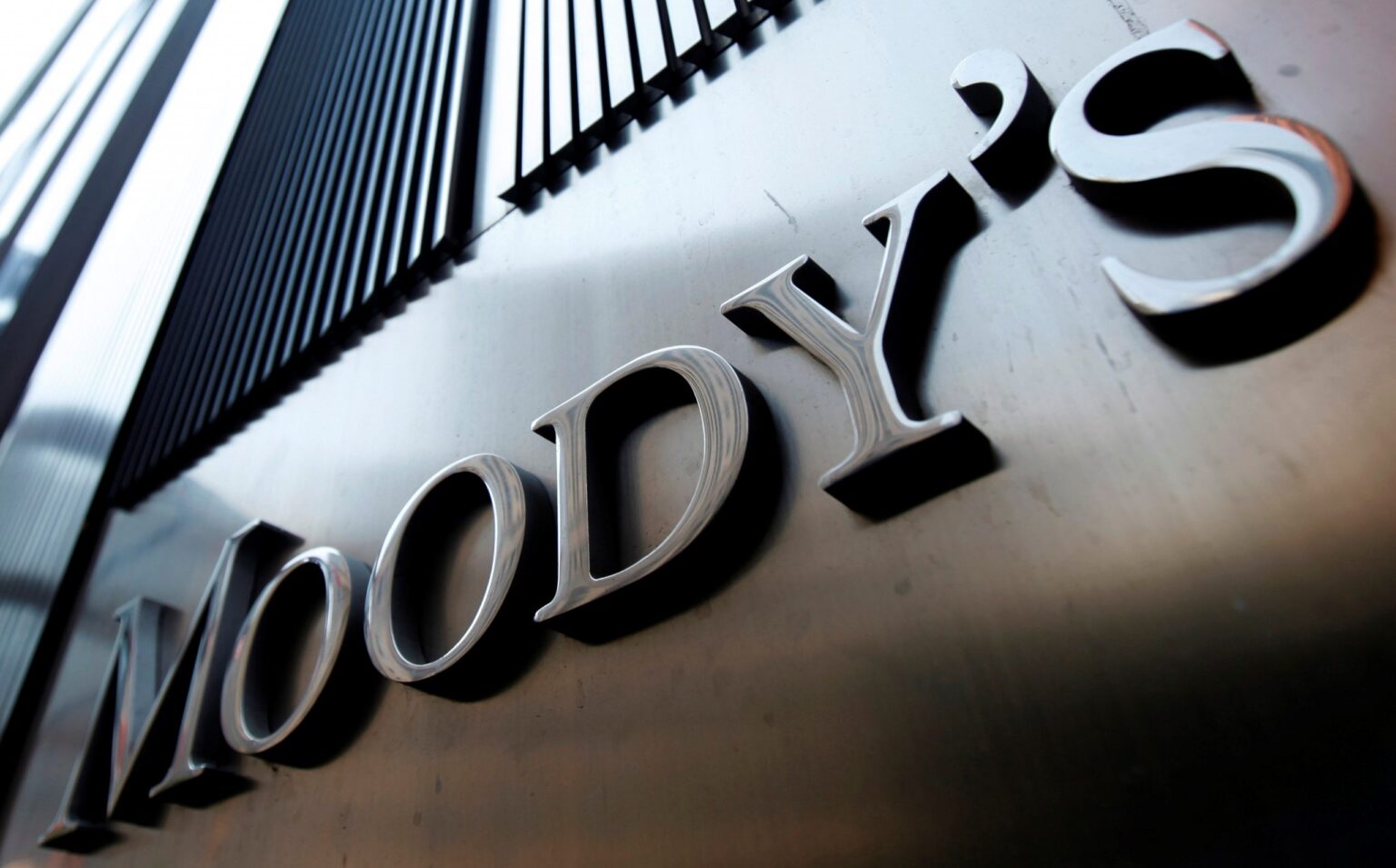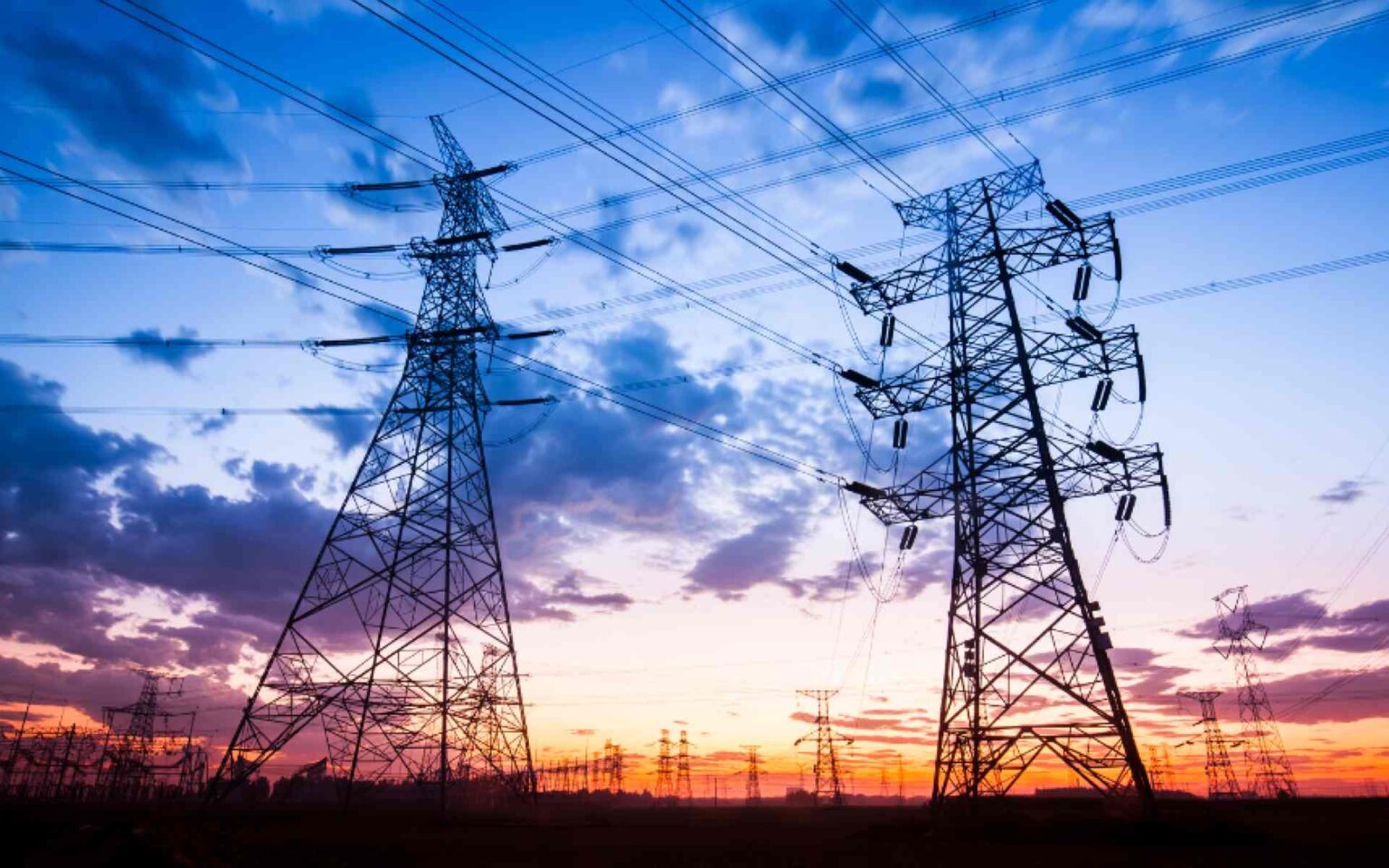- Safaricom posts 52.1% jump in half-year net earnings to $331M, Ethiopia loss narrows
- African mergers and acquisitions set to rise in 2026 as licensing rounds open new opportunities
- AIM Congress China Chapter 2025 to be Held in Shanghai as Forum Expands Global Reach
- Mukuru and JUMO tie up to pioneer AI-powered retail loan services in South Africa
- In a first, Kenya launches green fertilizer plant powered by geothermal energy
- Trump’s DR Congo Peace Deal Falls Apart: The Story Behind a High-Stakes Accord
- How African economies can turn youth bulge into wealth boom
- How the Centre for Cyber Diplomacy and Leadership Is Changing the Game of Cybersecurity in Africa
Author: The Exchange
- We provide economic news and analysis on the investment arena in Africa, with a particular interest in doing business. Our key areas of focus include banking, capital markets, energy, mining, manufacturing and industrial development.
- Moody’s has revised Kenya’s sovereign credit outlook from “negative” to “positive,” marking a key shift just seven months after the country’s downgrade.
- Despite the optimistic revision, Kenya’s fiscal landscape remains fraught with challenges.
- Kenya’s revenue collection efforts remain a critical factor in the country’s fiscal recovery.
Global credit ratings agency Moody’s has revised Kenya’s sovereign credit outlook from “negative” to “positive,” marking a significant shift just seven months after the country’s downgrade.
While the long-term issuer ratings for both local and foreign currency remain at Caa1, this upgraded outlook highlights Kenya’s potential for improving debt affordability and mitigating liquidity risks. Despite this positive development, Kenya continues to grapple with high financing needs and weak debt affordability, presenting both opportunities and hurdles.
Moody’s announcement last week cites Kenya’s progress in addressing liquidity challenges as the key driver of the improved outlook. The agency acknowledges the declining domestic financing costs and easing …
- Mission 300 aims to connect 300 million Africans to electricity by 2030, addressing the continent’s significant energy deficit and driving transformative development.
- The initiative banks on partnerships, innovative financing, and renewable energy projects like mini-grids and solar plants to overcome infrastructure and policy challenges.
- Success hinges on bold reforms, private sector investment, and collaborative action to reshape Africa’s energy future.
Africa’s energy landscape has long been a tale of untapped potential, innovation, and persistent challenges. With over 600 million people lacking access to electricity—representing 83 per cent of the world’s energy-deprived population—the continent’s policymakers face a monumental task in lighting up its future.
Enter Mission 300, an ambitious initiative spearheaded by the African Development Bank (AfDB), the World Bank Group, and a coalition of global partners. Mission 300 aims to connect 300 million Africans to electricity by 2030. But can this initiative finally brighten Africa’s energy horizon? Let’s explore.
A
…- Algeria has launched a $50Bn investment drive to revitalize its hydrocarbon sector, starting with a 2024 licensing round offering six onshore blocks to domestic and international investors.
- Backed by extensive seismic data and a transparent bidding process, the initiative aims to attract global energy players while aligning with sustainability trends.
- This marks the first step in Algeria’s five-year strategy to position itself as a key energy hub in North Africa.
Algeria, one of the key players in the global energy market, is embarking on an ambitious journey to inject $50 billion into its hydrocarbon sector over the next four years. This investment drive aims to rejuvenate the nation’s exploration and production activities, signaling a new era of energy innovation and international collaboration.
Central to this transformative initiative is Algeria’s 2024 licensing round, which has captured the attention of global energy stakeholders and positioned the country as a beacon for hydrocarbon …
- US President Donald Trump is among the top 40 Movers and Shakers who are poised to drive change in Africa’s energy sector this year.
- The list by the African Energy Chamber includes various Heads of State and Captains of industry whose focus on sustainable development, investment mobilization and energy sovereignty will define the continent’s future.
- The accomplishments and strategies of the 40 Movers and Shakers will be critical to addressing industry challenges and harnessing opportunities for the continent’s growth.
A mix of leaders, policymakers, innovators and corporate executives are poised to further drive change across Africa’s oil, gas and energy industries, the latest update by the African Energy Chamber (AEC) shows.
The list, which is an annual benchmark of influence and innovation, announces leaders at the forefront of advancing Africa’s energy potential. According to the AEC, these individuals are reshaping narratives, overcoming challenges and championing investment and sustainability in their …
- Joseph Kony is suspected of 36 counts of war crimes and crimes against humanity, allegedly committed between at least 1 July 2002 until 31 December 2005 in northern Uganda.
- Ugandan Kony is still at large, 19 years after his arrest was ordered by the International Criminal Court.
- On 12 December 2024, ICC judges scheduled the confirmation of charges hearing to start on 9 September 2025, in the absence of the leader of the Lord’s Resistance Army (LRA).
-
WHO IS JOSEPH KONY?
Joseph Kony was born in September 1961 in Uganda. He is of Acholi ethnicity and a national of Uganda. He is the alleged founder and leader of the Lord’s Resistance Army (“LRA”), a Ugandan rebel group that originated in 1987 in northern Uganda among ethnic Acholi communities.
-
IS MR KONY IN THE ICC CUSTODY?
No, the suspect, Joseph Kony, is still at large, 19 years after his arrest was …
- Authorities across Kenya, Uganda, Tanzania, Ethiopia and Sudan harassed activists and government critics in spirited attempt to suppress dissent in 2024.
- Human Rights Watch says harassment, intimidation, and arrests of journalists, human rights defenders, and opposition figures intensified.
- In Kenya, senior government officials including President William Ruto threatened the courts for making decisions unfavourable to his administration.
Millions of civilians across countries in East Africa bore the brunt of human rights violations orchestrated by either government security organs or armed groups in 2024, further deteriorating the region’s respect for human rights, a new report by Washington-based Human Rights Watch states.
According to the group’s World Report 2025, authorities in Kenya, Uganda, Tanzania, Ethiopia and South Sudan continued to harass activists and government critics in their spirited attempt to suppress dissent during the year under review.
“Armed forces and armed groups in Sudan and Ethiopia have deliberately targeted civilians and …
- Among those severely affected are pregnant women, the elderly and children who have had little food to eat.
- Neighbouring countries Malawi and Eswatini have received thousands of refugees from Mozambique.
- UN refugee agency UNHCR is raising concerns over the escalating displacement and its impact on the affected populations.
Mozambique is in the vice-like grip of post-election violence that is forcing thousands of people to flee their homes into neighbouring countries for safety. According to the United Nations High Commissioner for Refugees (UNHCR), in neighbouring Malawi, the government identified over 2,000 people who crossed into the country in the past week.
At the same time, another 1,000 people from Mozambique have arrived as refugees in neighbouring Eswatini. Amongst the new arrivals are refugees and asylum seekers of various nationalities who have been living in Mozambique.
The UN refugee agency is raising concerns over the escalating displacement and its impact …
- When she tested positive for mpox, the news left Anna, a Ugandan, deeply shocked.
- Anna had never imagined that the disease she had been reading about on her smartphone was what she was suffering from. Yet, she did not lose hope.
- As of 18 December 2024, Uganda’s Ministry of Health reports show that 1,089 cumulative mpox cases had been confirmed.
Twenty-year-old Anna Akola smiles, a beautiful wide smile that lights up her whole face. She speaks very softly, and if you are not attentive, you can miss her words. It is hard to believe that this is the same person who, a fortnight ago, was writhing in pain and discomfort in the isolation unit at Pallisa General Hospital in Eastern Uganda.
Anna had been diagnosed with mpox, a viral disease that the World Health Organization (WHO) declared a Public Health Emergency of International Concern (PHEIC) on 14 August 2024. …
- Ghana’s president-elect, John Dramani Mahama, will take office on January 7 for his second term after his tenure from 2012 to 2016.
- Mahama has outlined an ambitious agenda to stabilise the economy, improve governance, and create opportunities for all Ghanaians.
- Mahama’s administration must balance fiscal discipline with the urgent need for economic relief and social reforms.
Ghana’s president-elect, John Dramani Mahama, will take office on January 7, returning to leadership after his tenure from 2012 to 2016. With a decisive victory, securing 56.55 per cent of the vote, Mahama inherits a nation grappling with economic hardships, inflation, and challenges in critical sectors like cocoa and gold. In response, he has outlined an ambitious agenda to stabilise the economy, improve governance, and create opportunities for all Ghanaians.
Economic Stability and Growth
Mahama has emphasised that he will not abandon Ghana’s $3 billion International Monetary Fund (IMF) rescue package, initiated by outgoing …
- Ethiopia and Somalia had been building momentum towards a potential conflict for some time.
- Ethiopian Prime Minister Abiy Ahmed’s stance on regaining sea access as a key matter has made people in East Africa and beyond uneasy.
- Ethiopia and Somalia have agreed to collaborate to address their disputes in a Turkey-brokered deal.
Ethiopia and Somalia Dispute
Ethiopia and Somalia had been building momentum towards a potential conflict for some time. Somalia, a country slowly emerging from decades of instability and extremism, is especially sensitive to catalysts of chaos. On the other hand, Ethiopia is already experiencing economic turbulence and major disputes between the central authority and the Tigray, Amhara, Oromia, and Somali ethnic groups.
The two countries’ longstanding history of conflict is rooted in socio-economic and political factors. Numerous parties and interests have been involved in the evolution of the conflict over the years, which has significantly influenced the …





